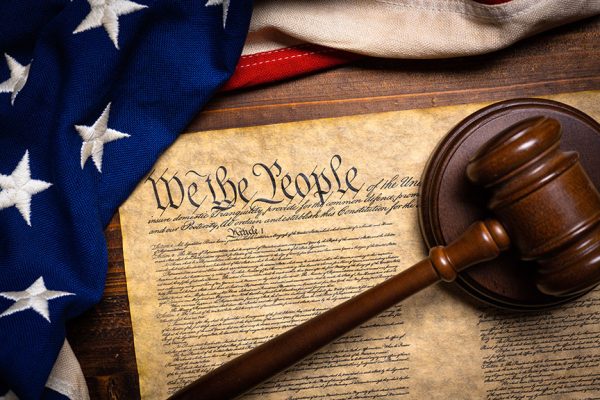Honor Codes
I, myself, have seen many of my peers cheat on tests and quizzes without a second thought. Because of this, I often wonder how they will fare once they (probably) reach college, where cheating is deemed unacceptable and has massive consequences. So why not have these procedures before college? To ensure that students practice good habits and create an atmosphere in which teachers only accept quality work, a rational honor code should be maintained at P-CEP.
While many people believe that an honor code is unnecessary as many people don’t follow it, it is still needed. A defined statement of student expectations will stop most people from sacrificing their integrity for a good grade. A student survey from a small university reported that 88% of students believed that failure on an assignment was a reasonable punishment for violation of the honor code. Because of this, we can assume that most students won’t partake in cheating if they know the penalties of getting caught. However, if there are no sanctions in the first place, how can we catch people who may have gotten by just cheating? With no honor code at all, students essentially have no form of expectation for integrity from their school.
While the honor code should be in place, it should also have reasonable consequences. This starts by making sure all students know the consequences of cheating. The academic integrity study also found that 42% of students did not know that a range of sanctions can occur. If the depth of the consequences of cheating is not known, students will most likely take cheating lightly. At my school, teachers will often reiterate the consequences of plagiarism throughout the year, making it nearly impossible to not know. It is crucial that schools make their expectations clear and known to their students. Additionally, an article from Daily Press articulated that a group of 157 students who had been investigated in the largest cheating scandal in memory for the University of Virginia had either dropped out or had been expelled, and the ones who graduated lost their degrees. To me, this dire of a consequence is too extreme. After one time of being caught, I believe that the student should be given one more chance. A failure for a test grade may suffice for a student to learn from their actions. Schools should make their expectations clear and known to their students. While I believe that an honor code is necessary to be in place, I don’t agree with students having potentially life-ruining repercussions on their first offense.
All in all, honor codes should be enforced and not forgotten, because when done correctly, they create a no tolerance atmosphere for cheating. A culture that doesn’t support cheating must have an honor code backing it up, for a greater amount of students doing honest work. With an honor code in place, students should be well informed of the consequences of plagiarism or cheating. This being said, schools should also allow second chances to give students the opportunity to fix their mistakes. A successful honor code will make for a trustworthy and bright school community that doesn’t consider cheating as an option.
Your donation will support the student journalists of Salem High School - MI. Your contribution will allow us to purchase equipment and cover our annual website hosting costs.
Sache Krishnaraj is a senior at Plymouth High School. He enjoys working with cars as well as playing on Plymouth Varsity Tennis. He wants to go into mechanical...






